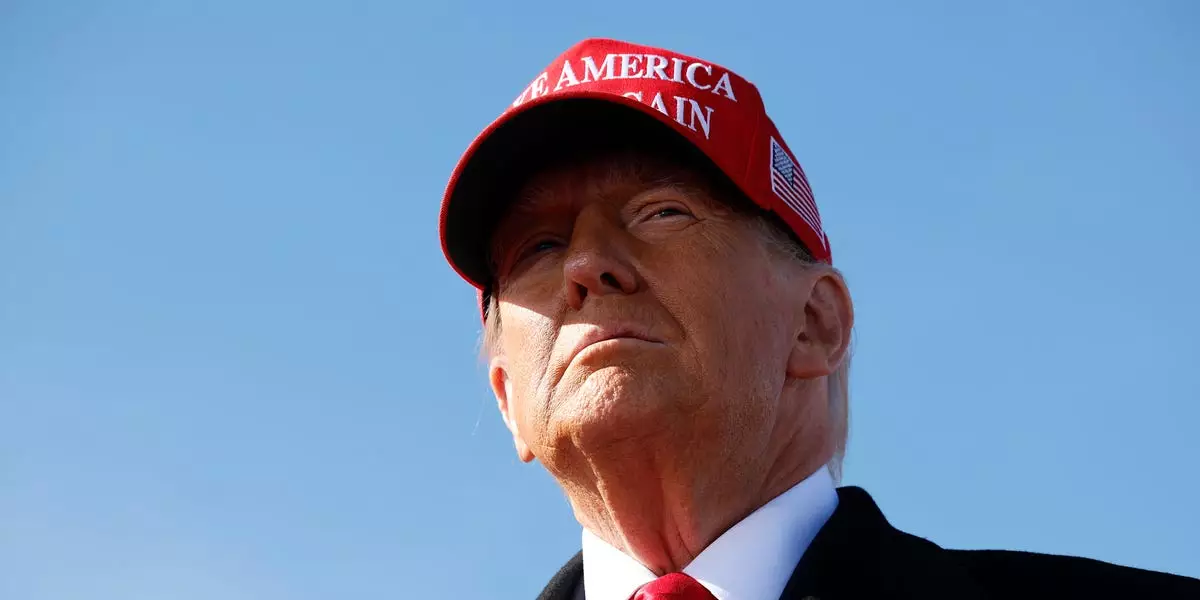The 2024 presidential race marked a significant chapter in American electoral history, characterized by intense polarization and a barrage of controversies. Former President Donald Trump, alongside Vice President-elect JD Vance, emerged victorious against Vice President Kamala Harris in a contest that underscored deep divides within the nation. As Trump stepped onto the campaign stage, he carried with him a promise to reignite the economy, implement sweeping tax reforms, and execute a mass deportation initiative deemed unprecedented. This promises were coupled with rhetoric that echoed nostalgic sentiments about border security, as Trump emphasized during a Pennsylvania rally: “We had the safest border in the history of our country the day that I left. I shouldn’t have left.” His statements not only invoked nationalistic feelings but also a longing for a perceived bygone era of stability and security.
Trump’s controversial tenure lends a complex backdrop to his 2024 campaign. Notably, he became the first U.S. president to win re-election after a conviction for falsifying business records, further complicating public perceptions of legitimacy in the electoral process. His judicial appointments during his first term, particularly the three conservative justices instrumental in overturning Roe v. Wade, amplified discussions around the bedrock issues of reproductive rights and social justice. These judicial shifts directly influenced the political landscape and mobilized significant voter blocks, valuing both constitutional interpretation and social progress.
The journey leading up to this election was punctuated by chaos and fear. The effects of the COVID-19 pandemic lingered heavily as the nation mourned the deaths of over 1.1 million individuals, while the echoes of a violent Capitol siege loomed large. Public anxiety reached alarming heights, exacerbated by lasting perceptions of threat from fringe elements and misinformation campaigns. Reports of violent incidents became commonplace, including assassination attempts and incendiary claims targeting vulnerable immigrant communities. The campaign trail became less about policies and more about the survival of democracy itself, resulting in widespread public unease; a lingering sentiment found in more than half of voters who reported heightened anxiety leading up to Election Day.
As the dust settles on this historic election finale, many Americans are left grappling with the implications of Trump’s return to power alongside Vance. With the oath of office scheduled for January 20, 2025, the nation must now confront the critical questions of governance in the wake of a ferocious campaign and the scars it has left on American democracy. Can the newly elected leaders fulfill their ambitious promises while navigating the choppy waters of a divided populace? Will the elevated tensions ease, or will they continue to fester? The future of the country hangs precariously in the balance, a vivid reminder of the profound consequences that arise when political contests transcend traditional consensus and transform into battlegrounds of identity, fear, and fundamental beliefs.

